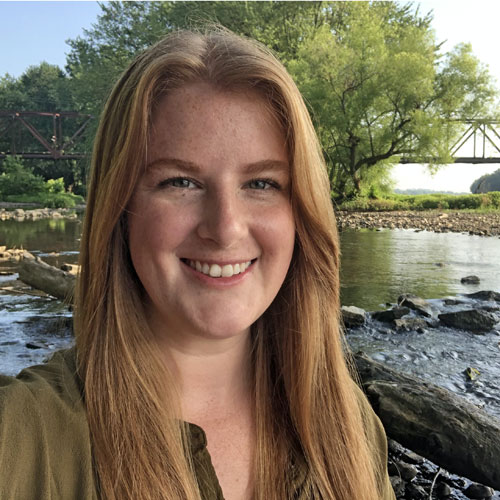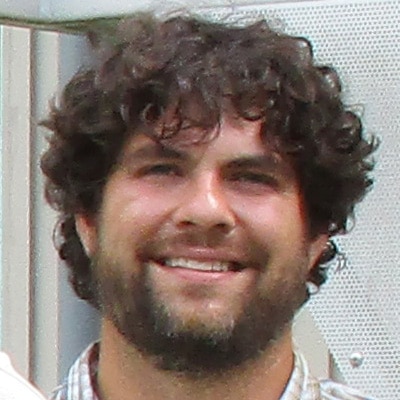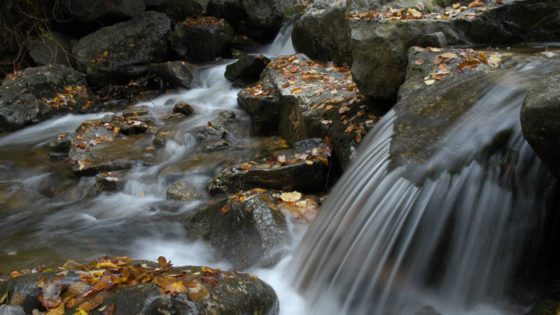The Entomology Group studies factors that affect the distribution and abundance of aquatic invertebrates, the functional role of invertebrates in stream and river ecosystems, and how these invertebrate communities respond to human activities in temperate and tropical watersheds.
Looking for macroinvertebrate identification resources?
Entomology Staff
Entomology News
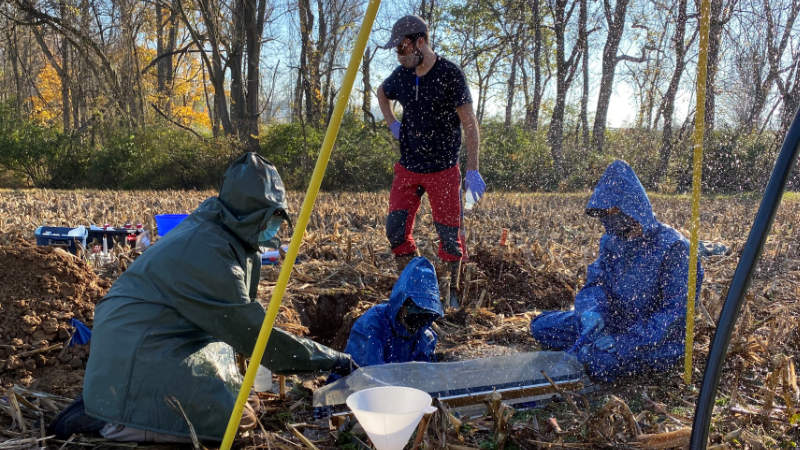
Saving Streams With Good Science
Building trust in the scientific process starts with communicating our research to non-scientists. To that end, our scientists share snapshots of three long-term experiments.
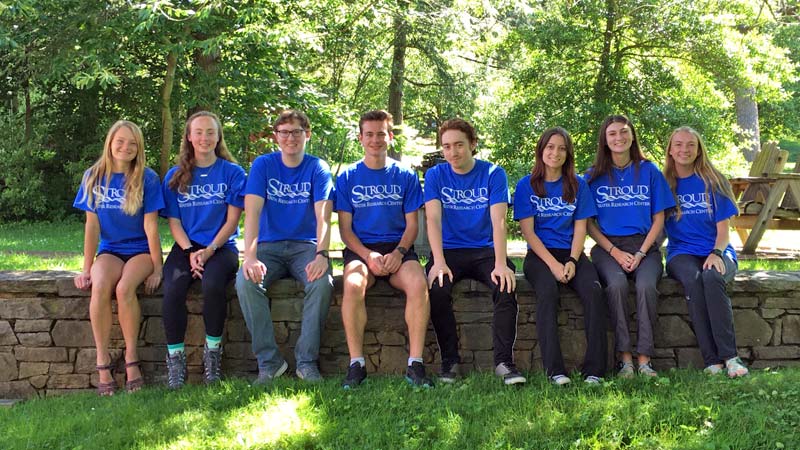
Meet Our 2021 Summer Interns
Our summer internship program, now in its 49th year, has ushered through hundreds of interns seeking meaningful learning experiences.
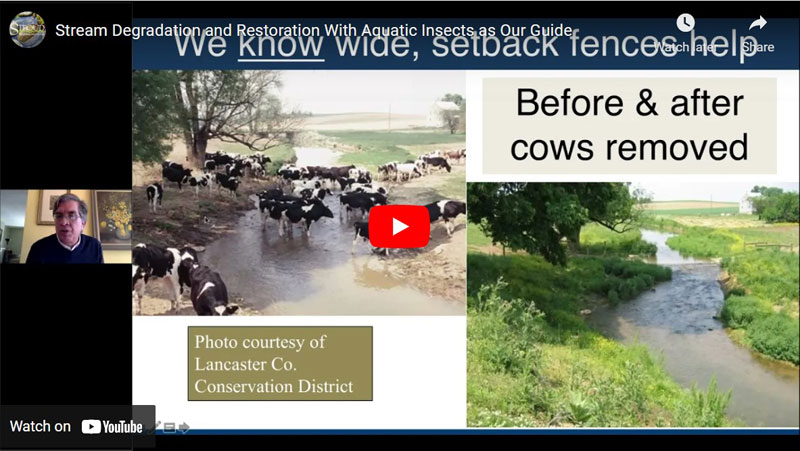
Stream Degradation and Restoration With Aquatic Insects as Our Guide
This webinar aimed to help agricultural conservation and ecosystem restoration practitioners reorient efforts toward watershed-scale approaches to achieve local restoration goals.
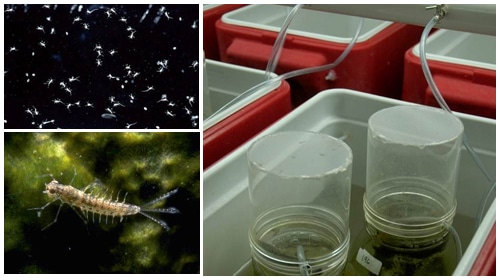
Stroud Center Science Informed Fracking Ban Decision
The accidental release of hydraulic fracking wastewater into streams, even a single drop mixed with 100 drops of streamwater, will harm or kill aquatic insects and even certain fish species.
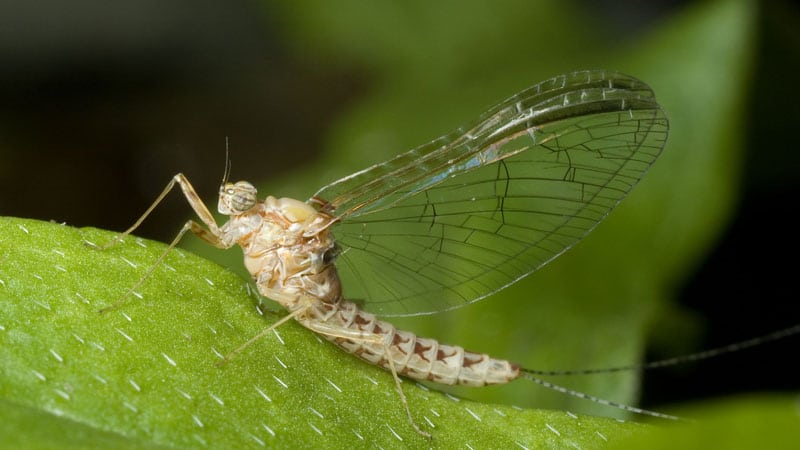
Oxygen Not Behind Threat To Mayflies When Temps Rise
When stream temperatures rise, often as a result of climate change or thermal pollution or a lack of tree shade, mayflies display poorer growth.

Oxygen limitation fails to explain upper chronic thermal limits and the temperature size rule in mayflies
Funk, D.H., B.W. Sweeney, and J.K. Jackson. 2021. Journal of Experimental Biology 224:jeb.233338.


